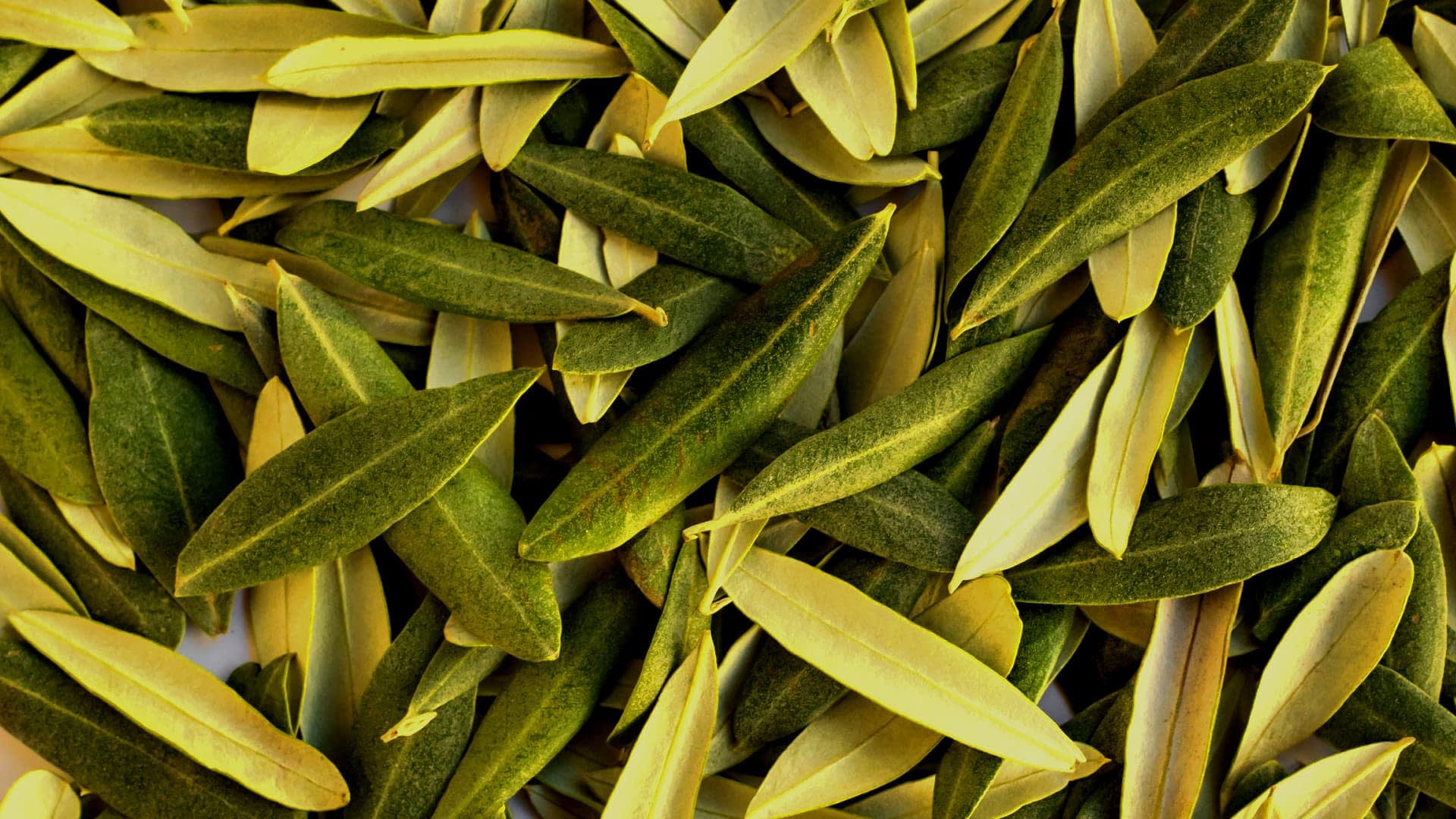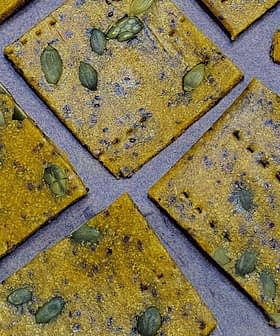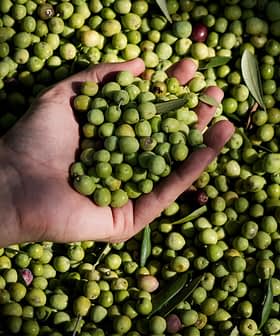 6.8K reads
6.8K readsHealth
Consuming Oleuropein May Mitigate the Effects of Aging on Muscular Atrophy

New research from the University of Padova in Italy and the Nestle Institute of Health Sciences suggests that consuming olive leaf extract could reduce the effects of aging on muscles by improving calcium uptake and mitochondrial function in aged mice. The study, published as a pre-print on BioRxiv, is the first to show that molecules naturally found in olives and olive leaves can target mitochondria functioning directly, potentially offering therapeutic value for sarcopenia and other types of muscle atrophy.
New research from the University of Padova in Italy and the Nestle Institute of Health Sciences suggests that consuming olive leaf extract could reduce the effects of aging on muscles.
The study, published as a pre-print on BioRxiv, meaning it has not been peer-reviewed yet, found that aged mice fed dietary olive leaf extract with oleuropein demonstrated improved calcium uptake. This enhanced mitochondrial function, allowing the mice to run longer and increasing their muscle mass.
The study would be the first to show that mitochondria functioning can be targeted directly with molecules naturally found in olives and olive leaves. Mitochondria are cell organelles that use aerobic respiration to generate chemical energy used throughout the cell.
See Also:Health NewsAccording to previous research, calcium uptake in mitochondria declines during aging. This likely contributes to sarcopenia, a type of muscle loss that naturally occurs in the aging process.
The researchers said the study serves as a good first step in determining the therapeutic value of oleuropein for sarcopenia and other types of muscle atrophy.
“The mineral calcium is involved in all skeletal muscle contraction, and the authors state that they are the first to discover that a decrease in calcium uptake by the mitochondria contributes to the mitochondrial decline associated with aging,” Mary M. Flynn, an associate professor of medicine and founder of the Olive Oil Health Initiative of the Miriam Hospital at Brown University, told Olive Oil Times.
“They screened several polyphenols and found that oleuropein could bind at the site where the calcium would enter the mitochondria, which then allows the calcium to enter the cell, thus avoiding the mitochondrial decline, and this was shown to improve and allow mitochondrial activity (or use of oxygen to produce energy) to happen,” she added.
According to Simon Poole, a physician, author and nutrition instructor for the Olive Oil Times Sommelier Certification Program, the research could add to the compendium of known olive oil health benefits. However, he warned that results from studies in mice cannot be automatically translated to humans.
“This study adds to the expanding database of research which shows potential beneficial effects of olive tree polyphenols such as oleuropein on cellular structures including mitochondria, and by implication on cell aging,” he said.
“It is important to remain cautious when considering results from animal studies and also where extracts of naturally occurring compounds are used,” Poole added. “It is often difficult to replicate study results when using supplements in humans, especially when researchers are looking for measurable health outcomes.”
Based on the dosages given to the mice by researchers, Flynn said the study could be recreated in humans.
“Research like this has to start in animals, and how that will then translate to humans is not known,“ Flynn said. “If the same effect (i.e., halting the natural decline in mitochondrial activity with aging) could be shown in humans, that would have very interesting implications.”
“The study was in mice, and they used a dose of 40 percent oleuropein at 50 milligrams per kilogram and found benefit,” she added. “Using the same dose in a human experiment, per 45.4 kilograms (100 lbs), that would be 2,270 milligrams or 2 grams of oleuropein per 100 lbs,” she said. “That does not sound like a lot, so it may be doable.”
Poole concluded that regardless of the next steps in the research, the study demonstrated that polyphenols have more profound health impacts than reducing inflammation and oxidations.
“This study does, however, represent more intriguing evidence to support the notion that polyphenol compounds produced by the olive tree may have biological effects not only on pathways of inflammation and oxidation but also on the structures that power much of the biochemistry of cells,” he said.









